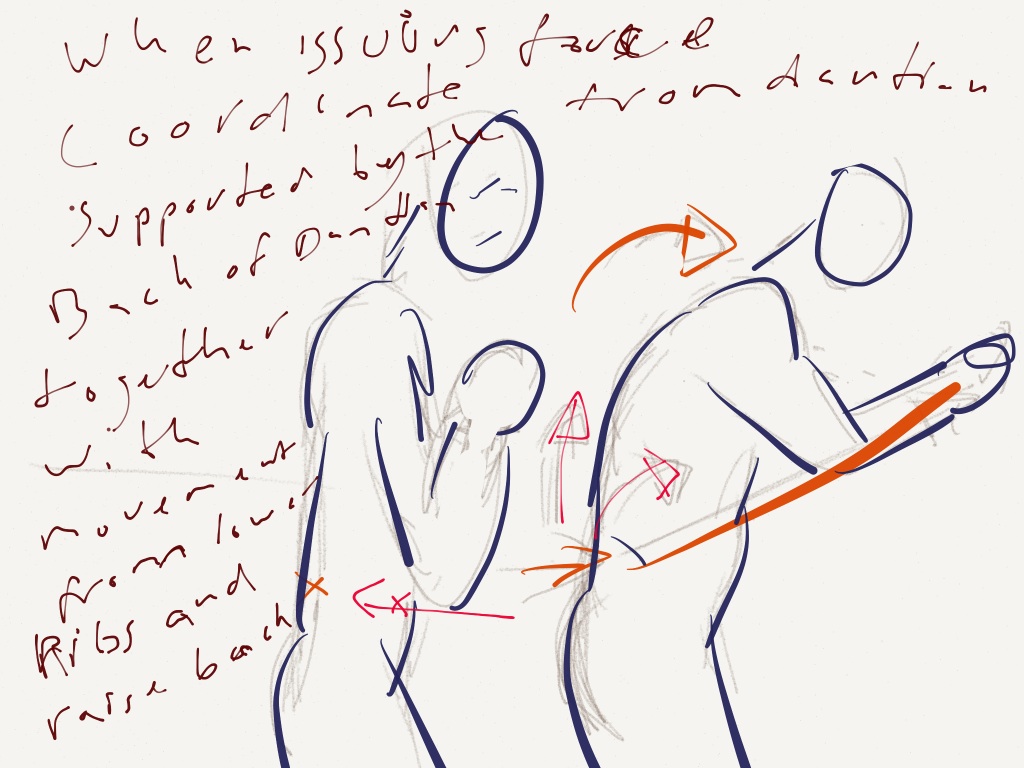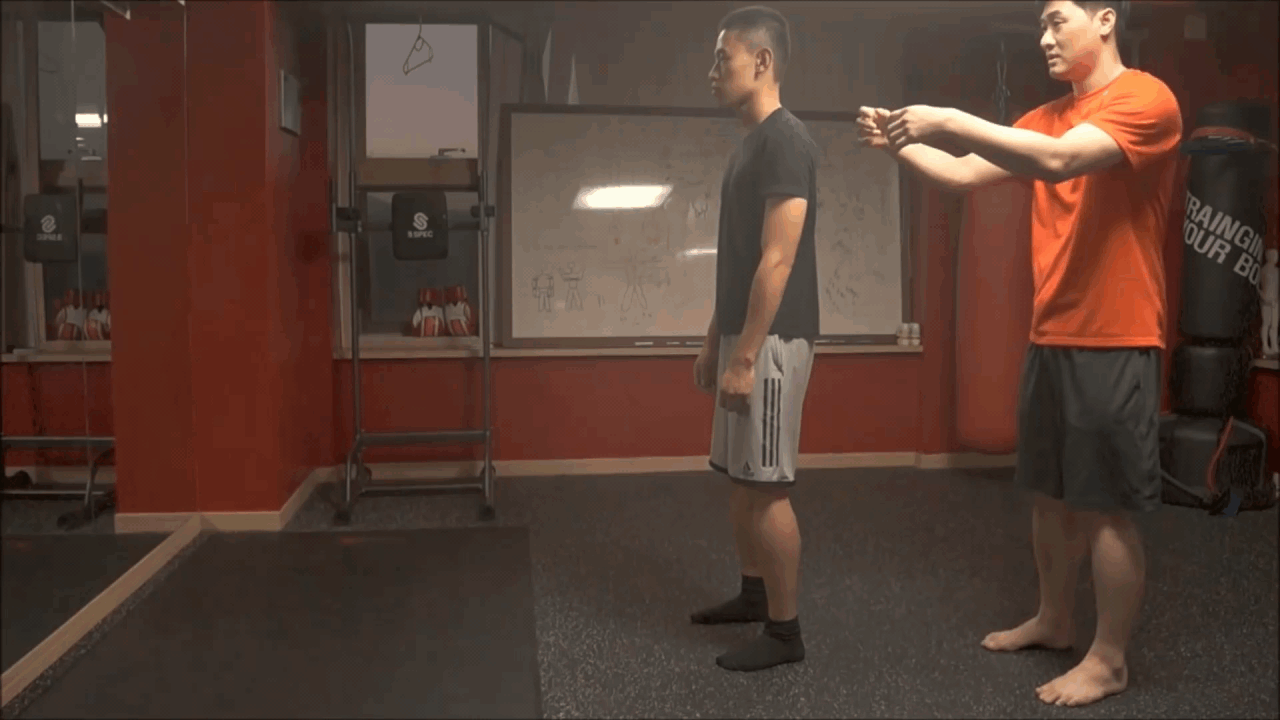I picked up the idea to practice Tai Chi when the third season of the Karate Kid hit Netflix, I felt a need to engage in a discipline and attempt to improve the symbiotic relationship between my spirit and my body. I started roughly when the New Year did and I hope to have a small amount of knowledge and experience accumulated by mid May or early June of this year.
I am learning Tai Chi through a book "Tai Chi for beginners and the 24 Forms" and generic youtube videos for beginners. I practice 15-20 minutes at a time typically 5-6 days a week.
I am basing my relatively short practice times by the directions presented in this book. I am concerned that these directions are for older folks, I'm in my twenties I wonder, "Should I be pushing myself harder?".
Tai Chi as I understand it is an internal martial art and therefore should be approached differently from the martial arts popular in western culture. I am working on my Qi, visualizing energetic ingestion and channeling into my Dan Tian. I am also attempting to incorporate tai chi principles of relaxed movement, upright posture, and "song" into my daily routine as a do my job. I tend to focus on the relaxed movement and upright posture more often because trying to incorporate my understanding of "song" with my nonexistent skillset requires more attention than I can spare at work and maintain any semblance of composure. I find the movements awkward particularly the steps, upper body movement isn't too confusing and becomes easier as I practice more.
If you began practicing Tai Chi several months or years ago I have some questions for you.
What have you experienced throughout your practice?
What stumbling blocks did you encounter early on?
What resources did you have to help you learn?
What checkpoints or accomplishments did you achieve as a result of your discipline?
I am learning Tai Chi through a book "Tai Chi for beginners and the 24 Forms" and generic youtube videos for beginners. I practice 15-20 minutes at a time typically 5-6 days a week.
I am basing my relatively short practice times by the directions presented in this book. I am concerned that these directions are for older folks, I'm in my twenties I wonder, "Should I be pushing myself harder?".
Tai Chi as I understand it is an internal martial art and therefore should be approached differently from the martial arts popular in western culture. I am working on my Qi, visualizing energetic ingestion and channeling into my Dan Tian. I am also attempting to incorporate tai chi principles of relaxed movement, upright posture, and "song" into my daily routine as a do my job. I tend to focus on the relaxed movement and upright posture more often because trying to incorporate my understanding of "song" with my nonexistent skillset requires more attention than I can spare at work and maintain any semblance of composure. I find the movements awkward particularly the steps, upper body movement isn't too confusing and becomes easier as I practice more.
If you began practicing Tai Chi several months or years ago I have some questions for you.
What have you experienced throughout your practice?
What stumbling blocks did you encounter early on?
What resources did you have to help you learn?
What checkpoints or accomplishments did you achieve as a result of your discipline?



